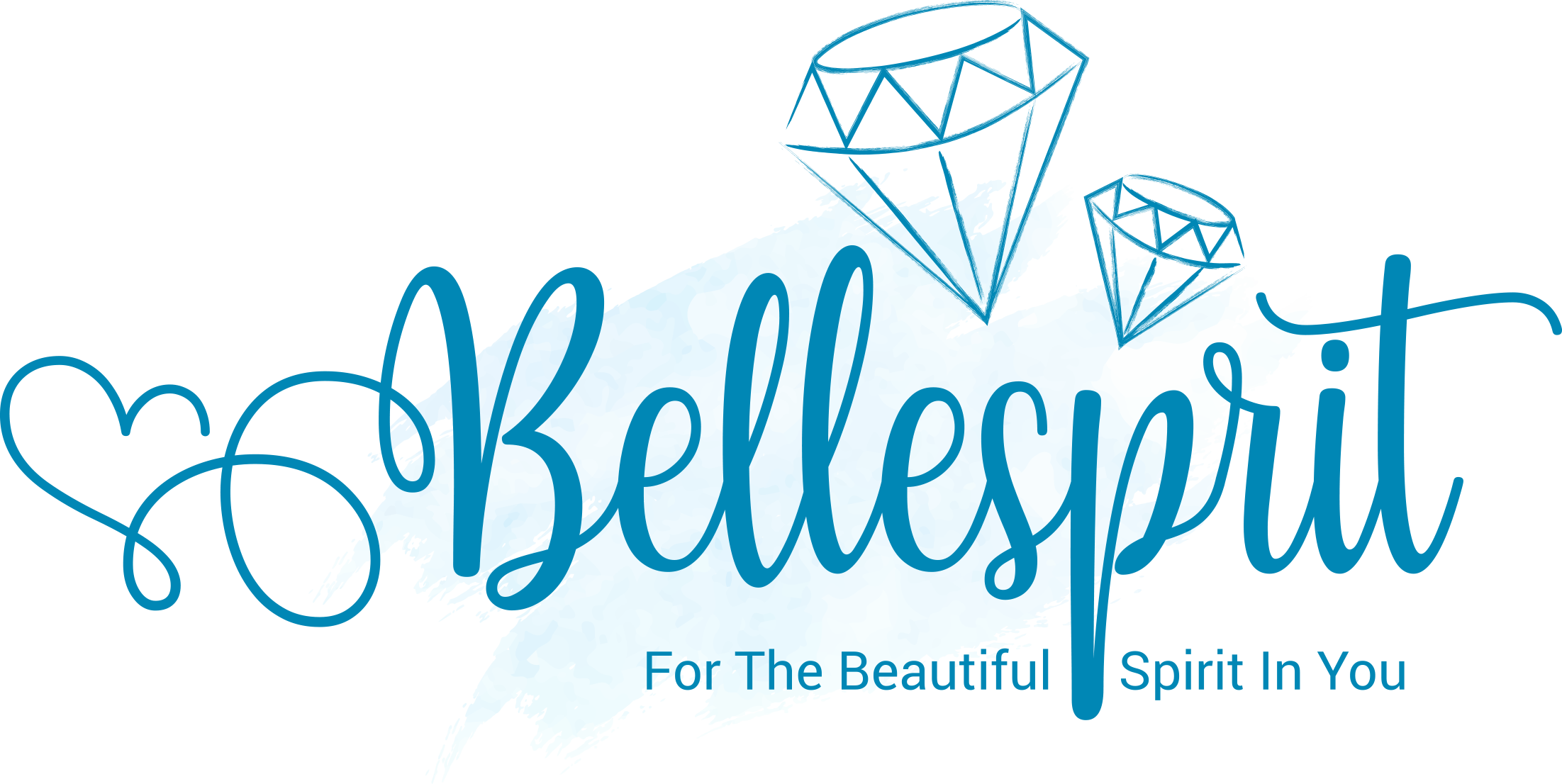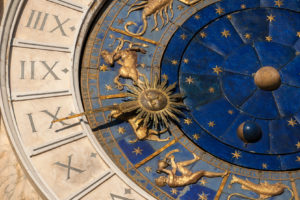Throughout my life I have had an unquenchable thirst for studying and learning. Well, make that an unquenchable thirst for exploring my personal questions and curiosities at whatever whim they may happen to come. Living life this way has resulted in firsthand experience of numerous spiritual and religious traditions, some as mere observer, and many as whole hearted practitione
These curiosities went from one place to another, in lightning fashion. One month I found myself performing Salat at a local mosque, and in a few weeks’ time, I would be lotus legged and chanting the Diamond Sutra at Buddha Heart Village. More often than not, I would find myself underneath the light of the full moon, in a particularly wooded location, feverishly worshipping the Mother Goddess while basking in the energetic drawing down of the moon ritual.
Usually, once one of these curiosities were satisfied, the need to explore the tradition satiated. Never again was there anything more than a passing notion of going back to an old experience, such as Salat, for example. In Islam, I loved the stories and philosophy, but I wasn’t fulfilled by the practice. I had practiced such a smorgasbord of beliefs that I had a sort of inner struggle, or maybe an identity crisis. I had no idea who I was or what I wanted to believe. Until one day I was presented with a question that, by no exaggeration, changed my life.
When I was a bit younger Paganism was my dedicated path. I went through phases of pantheons, such as Egyptian, Norse, Greek, etc. Yet it was a path that, at its roots, were as true to me as the fact that the sky is blue. One evening, I found myself in the company of a meditation group, eating at a local Asian kitchen (I know, it’s as cliché as it gets). The man that had organized the group, Chris Marbutt, was at our table, and we were all swapping stories of meditation practices, previous religious or spiritual experiences, and personal belief systems. When it came to be my turn, my story wasn’t unlike the lot of my company’s. Paganism seemed to resonate within us all, in one way or another. As I was explaining my beliefs that I held on that particular day, I was interrupted by Chris who, in a fashion I am convinced only he could pull off, posed a question that resonated within me on such a deep level that I am still, years later, drowning in the meaning of it. “How are you advancing, spiritually?” Until that point in my life I had not thought of spirituality as a tool for personal advancement. Maybe the idea was there, but I had never put it together like that. That question made me think, but more than that, it made me listen. Since that day, almost 4 years ago, Buddhism has been my primary spirituality (for a more in-depth view of personal Buddhist beliefs, see my previous Bellesprit article “In Search of the Buddhist God”).
I tell you all of this not to bombard anyone with any sort of religious ego, but to present context into the heart of the rest of this writing. I am a person who is very passionate about what I believe and study, and because of that, debating is one of my favorite pastimes, yet usually the debating doesn’t last very long. It always gets to the same point, quite quickly. Without a doubt the most common criticism I receive is that I am just an “idealist,” and that I present my beliefs (political or otherwise) as if I was in fact living in a “Utopian society.” It is not just the choice of specific words that they all have in common, but perhaps even more bothersome, is the tone in which they chose to present them. It’s always as if they are against the notion they are proposing, as if they are so troubled by an idealist approach that it warrants, in almost unanimous fashion, the tone in which they so humorously toss it aside. As much as I may be internally bothered by what they said, externally I have lost the advantage and, in turn, lost the debate. Ultimately, they are right. There is no coming back from this train of thought.
Speaking from a Buddhist point of view, it is very hard to distinguish the balance between accepting the nature of reality-as-it-is and idealism. The First Noble Truth is quite clear on the nature of life, and meditation helps you see the truth for yourself. “Life Is Suffering.” It is very direct and incidentally is not very conducive to any sort of Idealist model. It most certainly is at odds with Buddhist practice. If life is suffering then we should acknowledge it for simply what it is, and not fantasize about how the world could be if it were different, right?
How can we provide context to this first noble truth in a way that lends itself to idealism? We can find the answer to that internally through meditation, but as human opinion and perceptions are usually so firmly attached to ego, who would be to say which person had the most direct revelation in meditation? To avoid this from happening, the Buddha gave us the solution to avoiding misunderstanding the Dharma.
In the Diamond Sutra we can see a conversation being had between The Buddha and Subhiti, one of his monks. The Buddha asks Subhuti: “Subhuti, if you think that a person who had resolved on realizing his Buddhaheart would talk nihilism of dharmas, do not think this way.” Therein lies the key to the middle way between reality-as-it-is and idealism, but we have yet to get there. As poetic as the Diamond Sutra may be, it assuredly is not obvious. In order to examine it in context with the first noble truth, we need to dig a little deeper.
The first question that would generally pop in an adherents mind upon first reading the Diamond Sutra would be thus: “Is the idea that the nature of life is suffering not nihilism?” Furthermore, how would the popular Heart Sutra not lend itself to a traditionally nihilistic approach? Our mind will come up with as many different questions as it can as long as we entertain it. If we silent our mind of ego through mediation, we can begin to experience the truth. Mind you, it is not simply truth because the Buddha spoke it, but because the practice gives you firsthand experience and knowledge of it. At any rate, if we are to advance spiritually, we have to find a way to approach the contradictory nature of dharma without equating its surface level nihilistic impressions.
If a reader who had never stumbled upon Buddhism happened across the words “Life is suffering” for the very first time, it would almost undoubtedly give her a rather strong impression. It is not a pretty nature to realize. Most people put the true nature of life so far out of their minds that they are surprised, devastated, and angry when they are affected by the nature of their suffering. Alas, I am not lending my words in an appropriate way to negate nihilism, so let us examine suffering a little closer.
Life in samsara is vulnerable to inevitable suffering. This happens through entertaining all of the senses in a way that teaches them to seek out pleasure at any means necessary, fleeting as it may be. The allegory of the addict struggling for just one more fix is fitting. By seeking pleasure and relationships, we are inviting the state of mind known as suffering to occupy our sense of self if, or rather when, you are separated from that pleasure or relationship. It does not matter if you are attached to a tangible material good or another human being, everything changes and ends, as will your relationships in your life. Sounds grim, does it not?
One of the daily five remembrances that most Shin Buddhists recite is that “All that is dear to me and everyone I love are of the nature to change. There is no way to escape being separated from them.” Remembering this daily does something to your inner self (we can examine the extensive state of the idea of “self” at a later date). If you continually hold this in mind, you can accomplish two triumphant ideals: 1) You cherish each moment in humble gratitude of life itself, and 2) You learn to cope with being without them long before that eventuality manifests itself within your reality. If you truly grasp the idea that one day you will be without everything in your life currently giving you pleasure at any point in time, then when you are faced with dealing with it you can do so from a state of mind that acknowledges reality in the present moment. If you make a decision that is based within reality in the present moment, you can avoid making mistakes based on preferences from the past that might have nothing to do with the current situation of your separation from that which you love. In studying dharma and practicing meditation, you can begin to plant the seeds of eventually living a life free of fear, free of stress, free of preference, and replace that state of mind with a constant state of humble gratuity at every moment.
When poetic conjecture is broken down, it can appear to be common sense. This is precisely the reason I have such love for the Buddha. He spoke not of metaphysical possibilities or archaic riddle, but of concrete truth. We all inherently know that we should treat everyone compassionately. We all have a sense of conscious. And because Buddhism is focused so strongly on personal growth and coming to grips with the reality that is by definition non-changing, we automatically revert back to that ever conscious state of mind that other states of mind might call ideal. But to us, it is not ideal. It is reality, and it is perfection. It is humanity itself causing strife, not because that is their nature, but because they are separated from their true nature because they exist within the cycles of samsara. It is the nature of samsara and the disillusionment of humanity therein.
One of the concepts I learned from Islam is that they don’t believe in “conversion.” Rather, a regression. The explanation is that every being was conceived within the perfect light of God and by circumstance born within a world of sin and temptation. In deciding to live a holy life, they regress to the state of being that was evident before the world of Sin corrupted them. I rather like this concept, and the Buddha was certainly of this opinion, as evidenced in his idea of Buddhaheart. If his idea of a Buddhaheart is to be believed, then we have to come to grips with the concept that our true inner self is already that of an enlightened Buddha. The rest is just the inward journey of discovering it.
If holding to the belief that mankind can and ultimately will change for the betterment of his brothers and sisters makes me an idealist, then so be it. The fact is that the nature of optimism takes so much less energy than pessimism, and this is a lesson I have had to learn time and time again. I will never be convinced of a concrete world dictated by human whim and indulgence and based within a reservoir of illusionary power. I will never be convinced that violence and expectations of violence is the true nature of people. And I will never be swayed by any political decision that would lead to war of any kind. To quote my favorite songwriter, Paul MCcartney: “When the broken hearted people living in the world agree, there will be an answer, let it be. And though they may be parted, there is still a chance that they will see.” If being an idealist makes me ignorant to the nature of the world as it currently exists, so be it. I would much rather die peacefully than live in fear.
Views:




